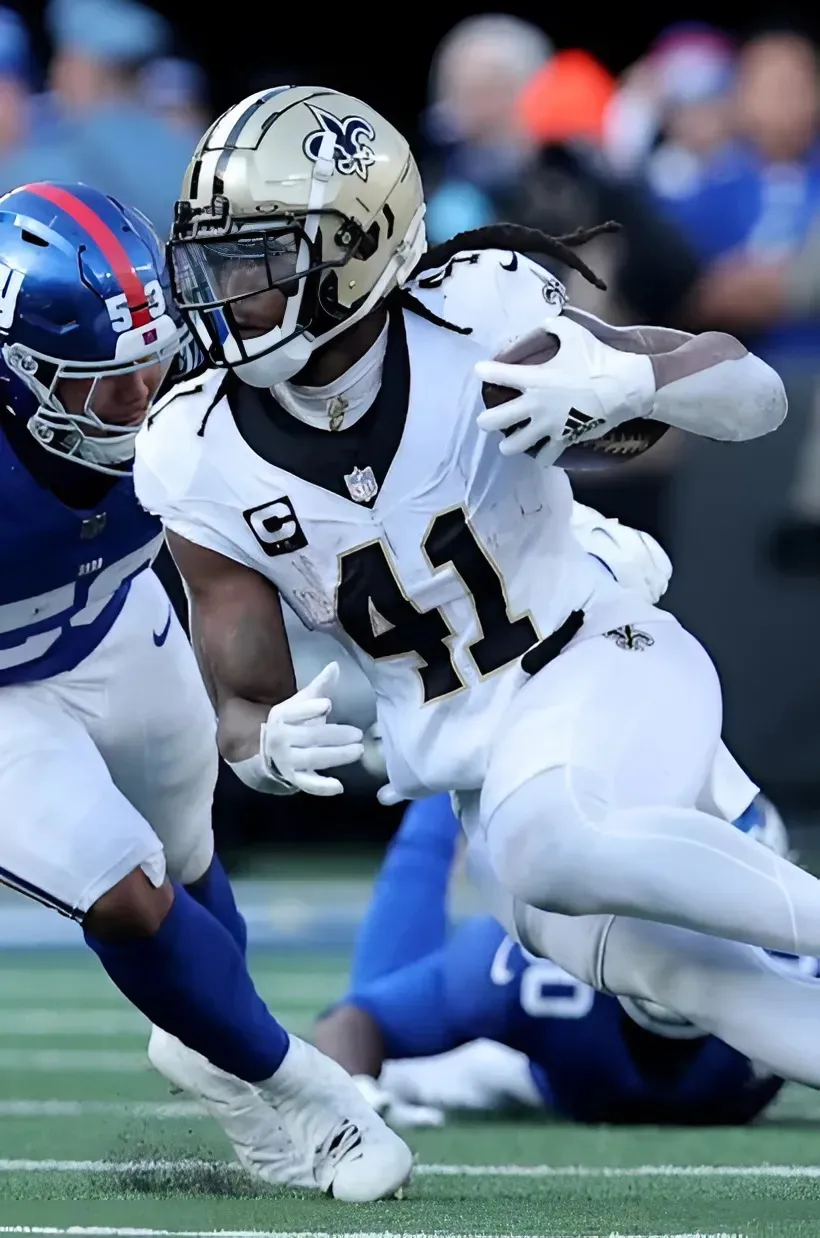Recently, I wrote about the NFL adopting Sony’s Hawk-Eye technology to measure first downs and what it might mean for the Buffalo Bills in 2025. In doing so, I opened up the idea that changing rules and specifically the adoption of technology to take over officiating duties moves roughly as quickly as molasses.
/cdn.vox-cdn.com/uploads/chorus_asset/file/25938243/2196278302.jpg)
What I failed to mention (as it makes for another good conversation) is that the slow rate of adoption is almost certainly a good thing for the league.
Glitches, human limits, and the dirty “J” word
Glitches
First and foremost, at some point almost all of us have been an early adopter for some form of technology. For me, a lot of my early adopting has been with video game tech. What do early adopters often suffer through? Glitches, malfunctions, and problems.
With my first Xbox 360 for instance, I got so good with thermal paste to repair the RRoD that I could perform the operation in 10-15 minutes. I can clean a PS4 from the inside out at a similar fast pace. I’m veteran enough in Dark Souls to remember Havel cosplayers doing handsprings through the woods in the mountain of stone armor while dragon bros used dupe glitches to make AoE attacks out of just about anything.
Maybe you don’t get these exact references, but we all understand glitches. At some point this coming season, it’s almost certain there will be a problem with Hawk-Eye. It will slow a game down. Fans will be annoyed.
Now let’s pivot hypothetical. What if the NFL used similar tech to gauge out of bounds; or forward progress? What about leveraging AI to determine “down by contact” in key situations? Let’s get really hypothetical and say the NFL decides to add all of these in a single season. One interruption by glitch would now be five. Games could come to a halt. Fans are now very upset.
Human limitations
I know there’s a lot of hate levied on NFL refs and commonly people ask for the league to hire full-timers. I personally don’t believe that would help much. Refs at this level have been doing it forever and experience/development almost always has a plateau.
What this means is that most officiating is an ingrained habit — muscle memory if you will. My judo instructor was a stickler for never moving on to a new technique until the old one was in good shape. In his words, “It takes 10 times longer to unlearn a bad habit than it takes to learn it the right way.”
Refs are used to looking to the chain gang for measurements. There’s a process and a rhythm to that situation. The Hawk-Eye system should be similar flow but different from the muscle memory. It will take mental energy to relearn this. By the way, they actually have to now know two procedures for this. If the Hawk-Eye system goes down, that means the chain gang comes back out.
Reffing requires rapid-fire information processing and making decisions based on what they’ve learned and practiced. Let’s go back to video games for an example. You’re playing your favorite game: One button is used to jump, another for interacting with switches/doors, and yet another to use inventory items. Left stick is movement, right is camera. You get the idea.
If I swap the jump button with the button to use items and ask you to pop back into the game, I expect you’re going to miss a few jumps and use an item instead. Or maybe you try to use a healing potion and are left shaking your head as your character dexterously jumps into the air to be finished off thanks to missing that moment to restore your HP. That will happen to most of us even if I tell you I swapped the mapping.
Now imagine the entire layout is different. Up is down, right stick is now movement, cats and dogs living together. You get the idea. We’ve now gone from an inconvenience to a major obstacle to play.
The dirty “J” word
Not only are refs working from memory/habit and reaction time, but their job requires constant use of judgment. We want that judgment to be fair, balanced, and even-keeled. What we don’t want is that judgment being clouded by frustration.
The mental energy dedicated to relearning can impact judgment in more than one way. Trying to remember what’s new takes attention away. A missed detail can be the difference between a call or no-call. That’s a problem for the officials.
As someone whose full-time work hinges on objectivity, I can assure you that even unbiased people are not emotionless. The more we get out of our comfort zone, the greater the chance at anxiety. Relearning an item or two can increase anxiety. Relearning a pile of new things while a crowd of millions is watching you do so might be too much.
The Final Straw
Personally speaking, I believe the trickling in of new technology is a good thing. We want things to be called right, but we also want to watch a game. Incremental improvements allow for flow disruption to be decreased as well as allow the human officials to stay on top of what’s already happening rather than feeling like the wheel is being reinvented.
It’s easy to talk about the little irritations in football that can be improved. Let’s face it though, if there wasn’t more about the sport we believe goes right than wrong we wouldn’t be watching. The trickle allows us to keep the right while working towards reducing the wrong.


-1750840827-q80.webp)
-1749629152-q80.webp)